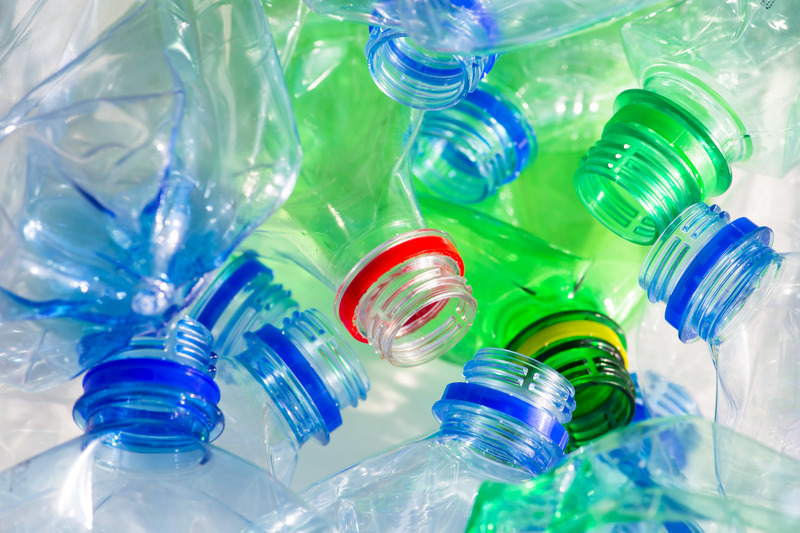
A Thorough Guide to Hard Rubbish: Sorting and Disposal
In today's fast-paced world, waste management has become a crucial aspect of sustainable living. Among various waste types, hard rubbish presents unique challenges and opportunities. This guide explores effective sorting and disposal strategies, ensuring you're well-informed on best practices.
Understanding Hard Rubbish
Hard rubbish refers to waste items usually too large for regular garbage collection. Often referred to as bulky waste, it includes items like furniture, appliances, and other large household items. These materials need special handling due to their size and composition.
Why Proper Hard Rubbish Disposal Matters
The importance of correct disposal extends beyond environmental concerns. Proper management can:
- Minimize landfill contributions.
- Promote recycling and resource recovery.
- Enhance community aesthetics and safety.
Sorting Hard Rubbish Effectively
Efficient sorting is the first step in managing hard rubbish. By categorizing items before disposal, you optimize recycling options and minimize unnecessary waste. Below is a step-by-step sorting guide:
1. Identify Your Hard Rubbish
Begin with a comprehensive inventory of items you plan to dispose of. Group them into categories based on material type, condition, or potential for reuse.
Common hard rubbish categories include:- Furniture (e.g., sofas, tables, chairs)
- Electronic waste (e.g., televisions, computers)
- White goods (e.g., refrigerators, washing machines)
- Miscellaneous bulky items (e.g., mattresses, carpets)
2. Assess Condition and Reusability
Check each item's condition. If an item is in working condition, consider donating it or selling it online. Many organizations appreciate donations, which not only reduces waste but also helps others.
3. Separate Recyclables
Identify materials that are recyclable. Many councils provide hard rubbish collections that focus on recycling specific materials, like metals and electronics.
4. Hazardous Waste Consideration
Certain items may pose environmental risks. Appliances containing refrigerants or asbestos materials require specialized disposal and should be handled by professionals.
Disposal Options for Hard Rubbish
Once sorted, the next step involves choosing an appropriate disposal method. Several options cater to different needs and accessibility:
Council Collection Services
Many local councils offer scheduled hard rubbish collection services. These are usually free or available at a nominal charge. However, ensure you comply with the council's guidelines regarding item types and sizes.
Drop-off Points and Recycling Centers
If your items are not eligible for curbside collection, consider visiting local waste transfer stations or recycling centers. They often accept a wider range of materials, especially electronic and hazardous wastes.
Hiring Skip Bins
For significant volumes of bulky waste, hiring a skip bin can be a convenient solution. Various sizes are available, providing a suitable choice for any amount of hard rubbish. Ensure the skip provider adheres to recycling practices.
Professional Disposal Services
For specialized items or time constraints, employing a professional disposal service can be ideal. They handle all aspects of collection and disposal, ensuring compliance with ethical and environmental standards.
The Environmental Impact of Hard Rubbish
Improper disposal of hard rubbish can lead to environmental degradation. By following recommended practices, you help reduce:
- Landfill overloading, which contributes to soil and water pollution.
- Greenhouse gas emissions from decomposing organic materials.
- Harm to wildlife due to the ingestion of non-biodegradable items.
Legislation and Guidelines for Hard Rubbish Disposal
Each region has its regulations governing hard rubbish disposal. Familiarize yourself with local guidelines, as non-compliance can result in fines or penalties.
1. Understanding Local Policies
Check your local council's website for detailed guidance on collection schedules, accepted items, and preparation requirements.
2. State and Federal Regulations
Some items may be subject to state or federal regulations, especially hazardous items like electronics and appliances. These regulations ensure safe transportation and processing, protecting both human health and the environment.
Conclusion: A Commitment to Sustainability
Handling hard rubbish responsibly is a critical part of sustainable living. By understanding sorting and disposal methods, we not only enhance our immediate surroundings but also contribute to a healthier planet. Together, through conscious efforts and community engagement, we can make a significant difference.
For more information, consult your local waste management authorities or environmental groups. By staying informed and active in waste reduction practices, you play a vital role in shaping a sustainable future.
